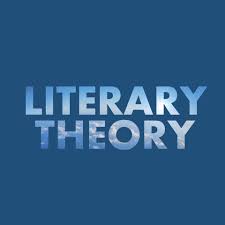
Course Description
This course explores the tools and ideas that we use to understand literature. Literary theory refers to the theories by which we try to approach the literary work from myriad perspectives. Through literary theory, we are able to delve into different factors that affect the literary work. Race, gender, and class could embody forces that shape the literary work. Learning about the author as well as the context of any literary text could enrich the meaning of the literary work
Course Goals
Through this course, students understand that there is no reading of a literary work without the tools that literary theory offers. The course of literary theory improves students’ ability to read critically. Approaching the literary work from the stance of a particular theory will sharpen the critical faculties of students. Literary theory will add meaning and depth to literature. At the end of the course, students must be familiar with different schools of criticism. They should be able to read a literary text and choose the suitable theory to emphasize a particular theme
- Enseignant: NADJIBA BOUALLEGUE